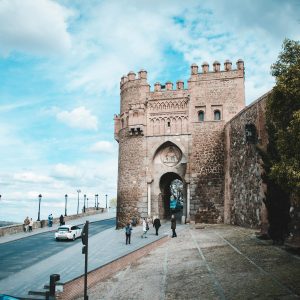Rift between Somali president, prime minister sends mixed signals: Experts
JOHANNESBURG (AA) – A growing rift between Somali President Mohamed Abdullahi Mohamed and Prime Minister Mohamed Hussein Roble is sending the wrong signals to citizens and the donor community.
Mohamed, widely known as Farmajo, and Roble publicly disagreed Wednesday over which security team should oversee the security of the election process for the speaker of the influential 275-member lower house in the capital Mogadishu.
The president wanted the police to supervise the security, but Roble ordered the African Union peacekeeping force to take charge. The two leaders made their counter decisions via media statements.
Relations between Mohamed and Roble have been frosty for some time. Last year, the presidency announced that Mohamed had suspended Roble and halted his duties as he was allegedly linked to corruption.
Roble, however, instead accused his boss of not wanting to hold credible elections after postponements.
Several development partners of the troubled Horn of Africa country including the US asked the two leaders to end their tensions.
Abdurahman Sheikh Azhari, director of the Somalia-based think tank Centre for Analysis and Strategic Studies, believes there is no row between the president and prime minister.
“The current disagreement between the Federal Government of Somalia (FGS) leadership started soon after President Farmajo appointed Roble as prime minister to succeed Hassan Ali Khayre, the longest-serving prime minister,” Azhari said.
Khayre and Mohamed previously clashed over the election model, including when and how the election process and procedures would be completed.
The academic said Somalia is not ready for direct elections because large parts of south-central Somalia are still under the control of the militant group Al-Shabaab. He said the country’s constitution is also still provisional and needs to be completed before it gets a popular referendum.
Azhari however, noted that the election of the speaker of the lower house of parliament expected this week will renew the democratic process, which might lead to the final conclusion — the election of a president.













